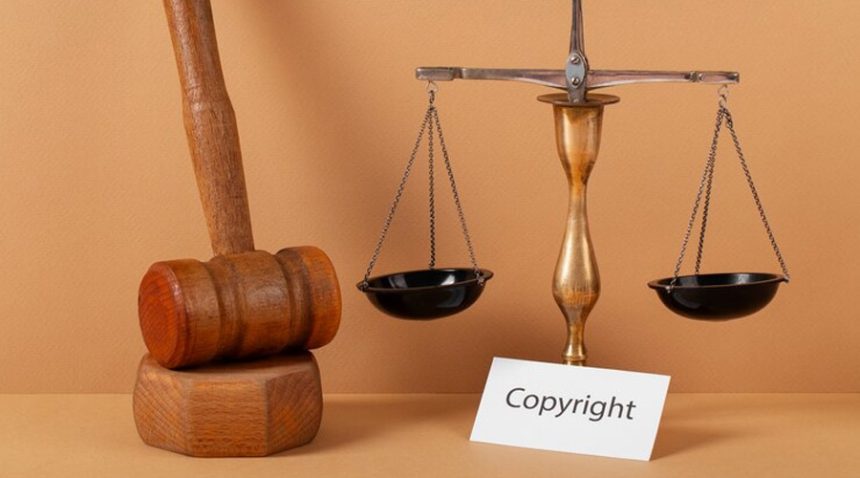Learn how to protect your brand and navigate trademark laws effectively
In the dynamic landscape of corporate India, branding disputes have emerged as a significant legal concern, impacting businesses across various sectors. These disputes often revolve around trademark infringements, passing off, and cybersquatting, leading to complex legal battles that can affect a company’s reputation and financial standing.
Trademark Infringement and Passing Off
Trademark infringement involves the unauthorized use of a mark that is identical or deceptively similar to a registered trademark, causing confusion among consumers. Passing off, on the other hand, pertains to misrepresenting one’s goods or services as those of another, leading to potential damage to the goodwill of the original brand.
A notable case illustrating these issues is Yahoo! Inc. v. Akash Arora & Anr, one of India’s earliest instances of cybersquatting. In this case, the defendant registered the domain name “yahooindia.com,” which was strikingly similar to Yahoo’s well-known trademark. The Delhi High Court ruled in favor of Yahoo, emphasizing that such use could cause confusion among consumers and amounted to trademark infringement and passing off.
Legal Framework Governing Branding Disputes
In India, the primary legislation governing trademarks is the Trademarks Act, 1999. This Act provides the legal basis for trademark registration, protection, and enforcement. Section 29 of the Act deals with infringement of registered trademarks, while Section 27 recognizes the common law remedy of passing off.
The Act also addresses issues related to well-known trademarks. For instance, in the case of Tata Sia Airlines Limited v. Union of India, the Delhi High Court clarified that even if a trademark is declared well-known by the court, the proprietor must still file a request under Rule 124 of the Trademarks Rules, 2017, accompanied by the prescribed fee, for inclusion in the list of well-known trademarks maintained by the Registrar.
Cybersquatting and Domain Name Disputes
With the proliferation of the internet, cybersquatting has become a prevalent issue. Cybersquatting involves registering domain names that are identical or confusingly similar to existing trademarks, with the intent to sell them to the rightful owner at a premium or to divert traffic.
In Tata Sons Limited v. Manu Kohli, the defendant registered the domain name “tatainfotech.com,” closely resembling the well-known “TATA” trademark. The court held that the defendant was guilty of cybersquatting and ordered the transfer of the infringing domain name to Tata Sons Limited.
Recent Developments and Case Studies
In December 2024, a significant branding dispute arose between Mahindra & Mahindra and IndiGo, India’s largest airline. Mahindra introduced new electric vehicles named “BE 6e” and “XEV 9e.” IndiGo, which uses “6E” as its aviation call sign and branding identifier, filed a trademark infringement lawsuit in the Delhi High Court, arguing that Mahindra’s use of “6e” could cause confusion among consumers. Mahindra stated that it is in discussions with IndiGo to find an amicable solution, according to Reuters.
Another pertinent case is Dow Chemical International Pvt Ltd and Ors v. Sweta Bharat Jain, where Dow filed a suit for trademark and copyright infringement before the Bombay High Court. The defendants were found to be importing and marketing products that infringed upon Dow’s trademarks, leading to legal action to protect Dow’s intellectual property rights.
Implications for Businesses
Branding disputes can have far-reaching implications for businesses, including financial losses, reputational damage, and legal penalties. Companies found guilty of trademark infringement or passing off may face injunctions, monetary damages, and orders to destroy infringing goods. Additionally, prolonged legal battles can divert resources and attention from core business activities.
To mitigate these risks, businesses should conduct thorough trademark searches before adopting new brands, ensure proper registration of trademarks, and monitor the market for potential infringements. Implementing robust brand protection strategies and seeking legal counsel when necessary can help navigate the complexities of branding disputes in corporate India.
In conclusion, as the Indian market continues to grow and evolve, the legal implications of branding disputes remain a critical consideration for businesses. Staying informed about legal precedents and maintaining proactive brand protection measures are essential steps in safeguarding a company’s identity and reputation.






